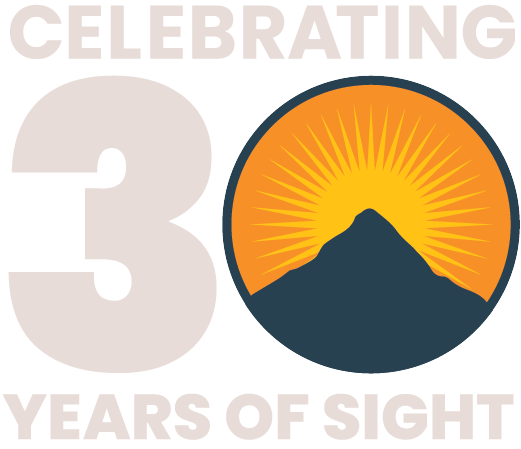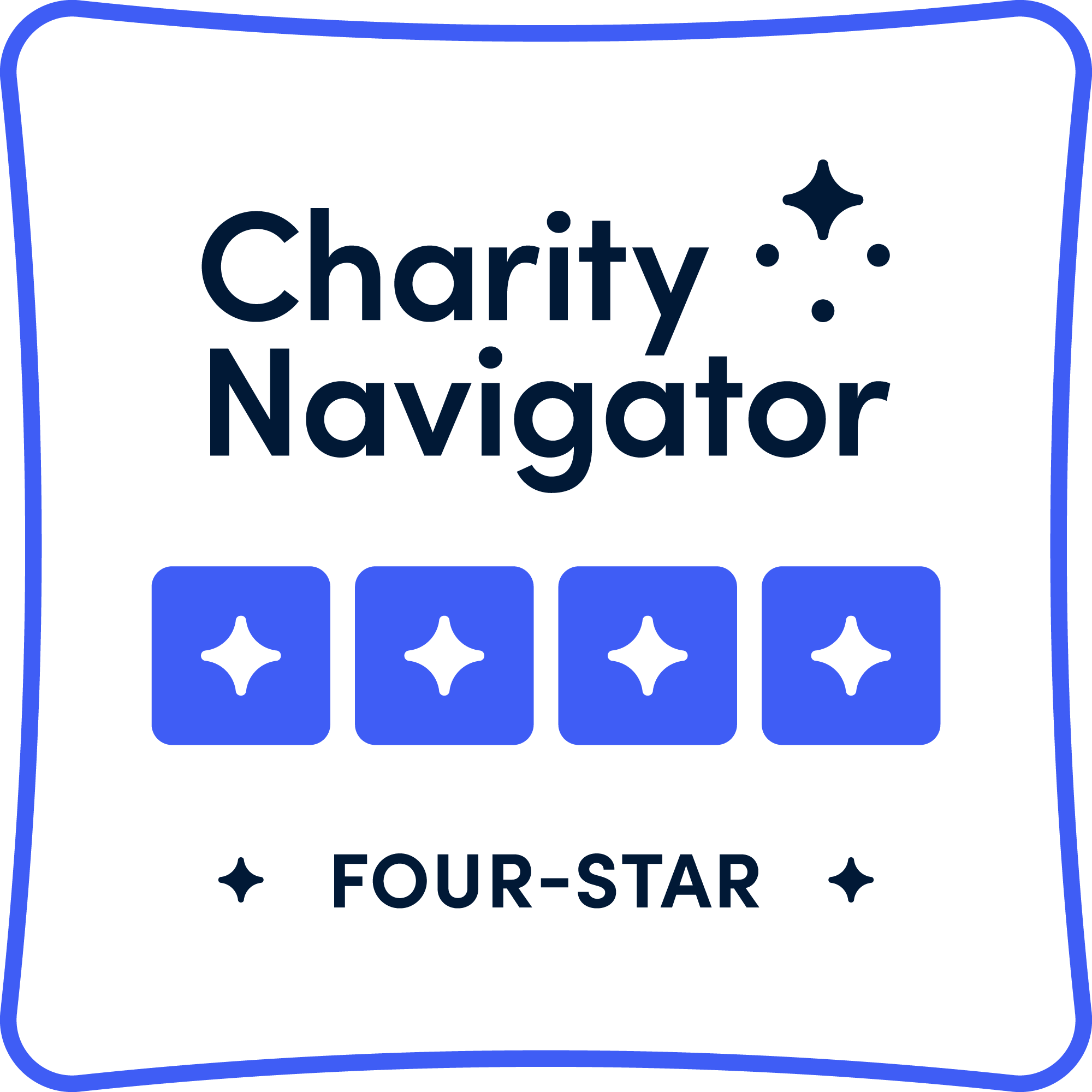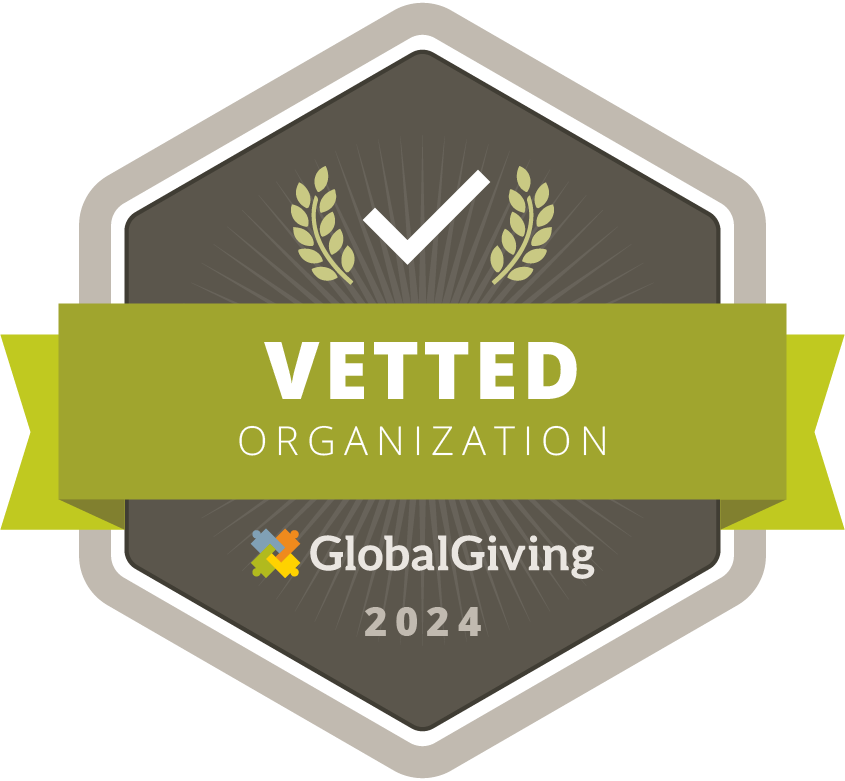Zelalem Addisu
Dr. Zelalem Addisu, a cataract surgeon, is one of hundreds of ophthalmic personnel in Ethiopia whose training has been supported by HCP since our work began there in 2008. Dr. Zelalam's story demonstrates the enduring value of investing in talented people in order to ensure sustainable eye care provision in under-resourced countries, especially in rural and remote settings.
Dr. Zelalem has committed his career to serving the underserved communities outside of Addis Ababa, Ethiopia’s capital, where he has provided essential eye care for the last 12 years. Dr. Zelalem has a private practice, Eyu Clinic, in Hosanna, where he offers treatment free of charge for those that cannot afford care, with support from HCP.
More than 70% of Ethiopia’s ophthalmologists reside in Addis Ababa, where less than 20% of the population lives. That means few doctors are available to those living in less populated areas like Hosanna. Dr. Zelalem’s work in South Nations, Nationalities, and Peoples' Region (SNNPR) helps restore the sight of those who otherwise would not have access to local eye care.
"To be honest, words can’t explain what HCP has been doing for the underprivileged Ethiopian communities,” Dr. Zelalem said. “Thanks to the support of HCP and its donors, we have been able to keep bringing the gift of sight to those who need it most. Curing someone of cataract blindness gives them their life back and this means so much to the people we help."
Dr. Zelalem and his clinic’s staff recently traveled to the Wassera Catholic Health Center, about 30 km outside of Hosanna, to help restore sight to 20 patients.
Next month, there are nearly 30 patients scheduled for cataract surgeries at Wassera Catholic Health Center. The plan is to continue with monthly events to reduce the number of needlessly blind people in the region.
These outreach efforts are planned in coordination with local teams and adhere to the Covid-19 protocols enacted by the Ethiopian government to ensure the health and safety of the patients and medical providers. Given the shift away from high-volume care, smaller monthly outreach events have proven an effective and safe way to continue our work to address the backlog of cataract blindness.





